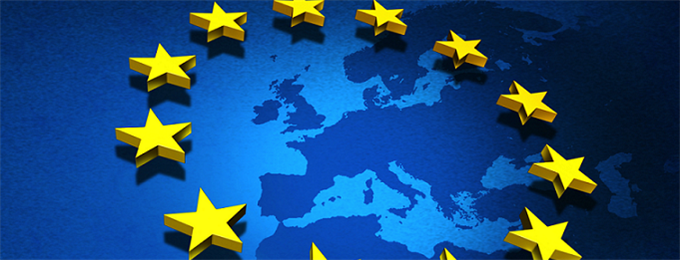After the European elections and the Sibiu European Council, work on the EU’s future starts! What does this mean for education, research and innovation?
The past month was very busy, with an informal meeting of EU heads of states and government in Sibiu on 9 May, the European elections on 23-26 May and an extraordinary European Council meeting in the evening of 29 May. The outcome of the elections and the high-level discussions are key to define the future of the European Union (EU). What are the implications of these events on the future of education, research and innovation?
Ahead of the European elections, at the Sibiu Summit, the EU heads of states and government agreed on a strategic agenda for 2019-2024. This agenda is composed of four key dimensions, namely ‘protecting citizens and freedoms’, ‘developing the EU’s economic base’, ‘building a greener, fairer and more inclusive future’, and ‘promoting Europe’s interests and value in the world’. Education, research and innovation feature prominently in several of those dimensions and confirm the ambitious commitments made by the European Council earlier and the strong budget increase foreseen by the European Commission (EC) in the next generation of relevant programmes, namely Horizon Europe, the Digital Europe Programme and Erasmus+. A more comprehensive strategic agenda will be released in June, taking into account the results of the European elections and the priorities set by the new EC President.
Following the results of the European elections, support to education, research and innovation will remain high with the European Parliament (EP) as the European People’s Party (EPP), the Progressive Alliance of Socialists and Democrats (S&D), the Alliance of Liberals and Democrats for Europe (ALDE) and Greens remain the strongest forces within the EP. These political parties voiced strong support to the knowledge programmes under the past legislature and will most probably continue to do so. The thematic focus however might evolve, depending on the profile of the next EC President and the responsibilities within the EP.
The European elections however have resulted in a more fragmented political landscape within the EP, which might have an influence on the nomination of the Presidents of the EC and the EP and ultimately on the agreement at the level of the European Council on the next Multiannual Financial Framework (MFF), the EU’s long term budget for the years 2021 to 2027. Without an agreement on the MFF, the negotiations on the legislative texts of the next generation of European programmes cannot be finalised and discussions on the association of third countries not start. For the broader education, research and innovation stakeholder community, it is essential that discussions on the new President of the EC and the MFF progress swiftly.
Formally, the timeline is as follows: the European Council, taking into account the outcome of the European elections and consulting the EU, should nominate the next EC President by the end of June. Following consultations with the EU member states and hearings with the EP, the new College of European Commissioners should start on 1 November 2019.
All in all, the coming month will be crucial for the future priorities of the EU. Considering the latest discussions at the level of the European Council and the outcome of the European elections, education, research and innovation will remain high on the agenda.

